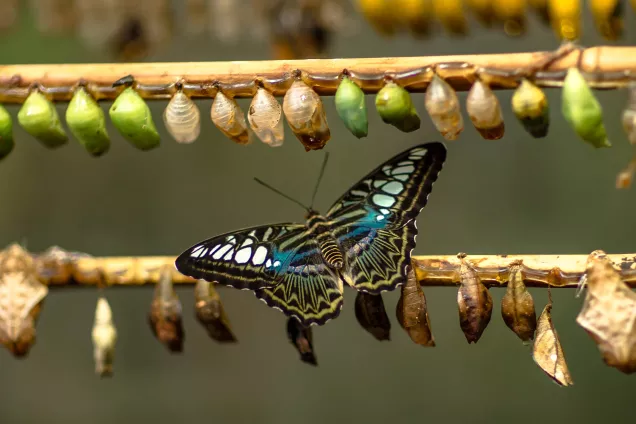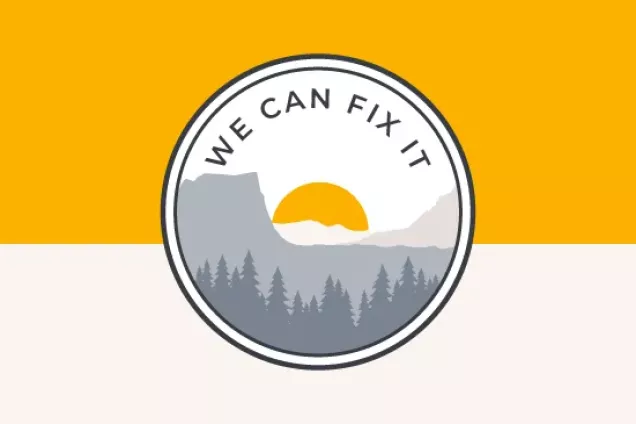Mindsets, culture and behaviour
Key research area at LUCSUS
Supporting a sustainable and good life involves a profound shift in how we relate and how we care for each other and nature. Accordingly, policy makers as well as practitioners and researchers are increasingly highlighting the important role of the human, inner dimension of sustainability, acknowledging how more integrative inner-outer transformation, and fostering individual and collective capacities are key for addressing the multiple crises we are facing today, such as climate change, biodiversity loss and mental ill-health.
At LUCSUS, researchers are investigating questions such as:
- What drives people to change behaviors and take individual and collective actions that challenge unsustainable cultures and systems?
- How are individual, culture and system change connected?
- How can we nurture individual and collective capacities for healthy coping with the climate crisis?
- How can we support more sustainable, relational narratives through contemplative practices and imaginaries?
Individual and collective mindsets and high impact solutions
The research has two strands. The first explores the individual and collective mindsets (our beliefs, values, worldviews and associated inner capacities) that underlie today’s sustainability challenges. It addresses today’s metacrisis, an existential crisis and alienation from self, others, and nature, as an integral element of modern culture and life forms. The aim is to support more integrative approaches and inner-outer transformation to ‘rattle’ unsustainable norms, cultures and power structures. Related research, education and outreach activities form part of the Contemplative Sustainable Futures Program.
The second strand aims to identify and implement high-impact sustainability solutions, especially effective ways to reduce climate pollution rapidly and fairly. The focus is on individual and systemic solutions to decrease inequality and secure a good life for all within planetary boundaries.
Latest projects
Latest publications

The Existential Resilience Initiative blog
The Lund University Existential Resilience Collaboration Initiative (ERiCi) explores the role of contemplation, aesthetics and compassion to counter stress, fragmentation and the loss of meaning that underlie today’s societal crises, with the ultimate aim is to increase individual, collective and planetary wellbeing.
Read more about the initiative on their blog.

We Can Fix It Newsletter
Subscribe to climate scientist Kimberly Nicholas' newsletter "We Can Fix It" to get actionable, monthly advice on facing the climate crisis with facts, feelings, and action
